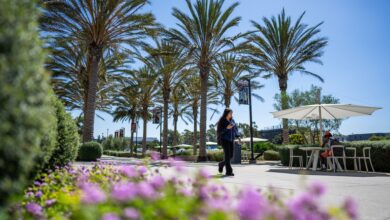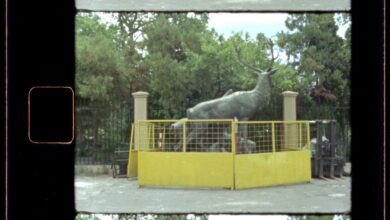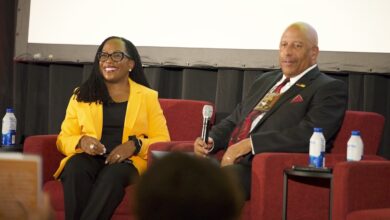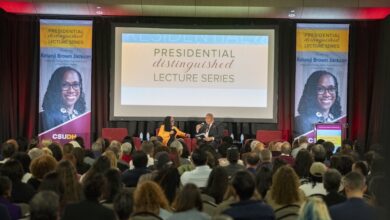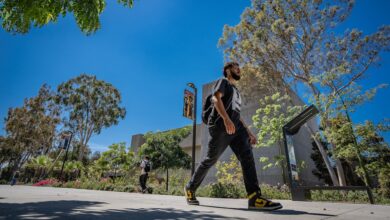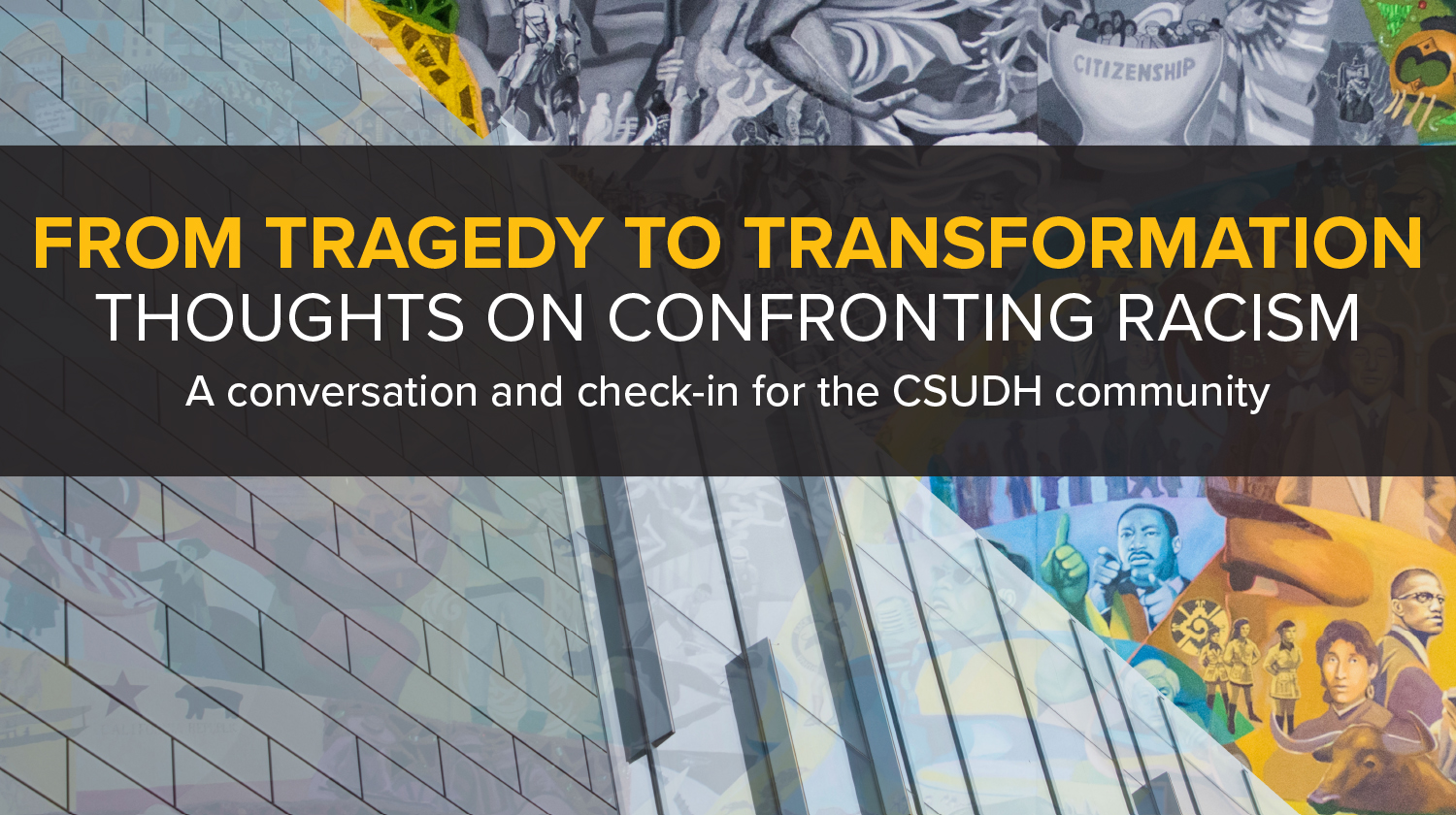 In response to the death of George Floyd at the hands of police and the resulting protests and turmoil throughout the United States, CSUDH President Thomas Parham hosted a virtual “community check-in” on Thursday, June 4, giving students and other members of the Toro community a chance to share their feelings about the unfolding events and the university’s response.
In response to the death of George Floyd at the hands of police and the resulting protests and turmoil throughout the United States, CSUDH President Thomas Parham hosted a virtual “community check-in” on Thursday, June 4, giving students and other members of the Toro community a chance to share their feelings about the unfolding events and the university’s response.
President Parham was joined by Rex Richardson, Long Beach City Councilperson; Framroze Virjee, president of CSU Fullerton; Donna Nicol, chair of the CSUDH Africana Studies Department; Catherine Jermany, coordinator of the Rose Black Resource Center; and psychologist Tiffany Herbert, psychologist, CSUDH Student Health and Psychological Services.
The panel was on hand to listen to community concerns, hear suggestions, and direct people to helpful resources. The Zoom conference was attended by 640 members of the CSUDH community, including students, faculty, and staff.
Each panelist was given a few minutes for an opening statement, but the bulk of the time was spent listening and responding to members of the Toro community. Parham opened the webinar with a powerful statement, calling out racist police practices, decrying politicians who exploit the racial divide, and challenging the allies of black communities to step up and do more.
He ended his remarks by referencing the Montgomery Bus Boycott of 1955-56 and asking, “What are we all prepared to do to inconvenience ourselves to fight for equality and equal protection, rather than humiliate ourselves by conforming to the dynamics of racism, oppression, and discrimination?”
Virjee pointed out that as a white man, he understands that his life experience has been completely different from that of people of color. “I cannot imagine what it is like to be black in America today,” he admitted. Virjee acknowledged the white privilege and systemic racism “that is built into the fabric of our beloved nation,” and closed by saying that “Until all hearts break for the brokenness that systemic institutional racism has caused, we cannot and will not heal together.”
Richardson, who attended CSUDH in the 1990s and served as ASI president, spoke briefly of his experiences growing up in the South Bay, how his mother worried for his safety every time he left the house. He related some of his family’s experience with racism through the generations, from his great-grandfather’s Alabama store being burned down by the KKK to his own experiences “being detained and being handcuffed, merely for fitting a description,” and how these events “shaped the trauma of growing up black in America.”
He added, “We’re living in a pivotal moment. History is going to have its eyes on how we as leaders respond” and decried the “chorus of excuses and victim blaming” that often creep into conversations about race and police brutality.
Nicol’s passionate opening remarks included several specific recommendations for moving forward, saying that the time for “vague letters of support with no action items” is past. She advocated for the passage of California Assembly Bill 1460, which would make ethnic studies a graduation requirement for all CSU students, more funding and support of affinity center leadership, and developing campus agreements for students and faculty to do social justice work in the communities that CSUDH serves.
Nicol added, “Until America faces her demons, those demons will always resurface and will become even more difficult to contain. MLK said ‘America’s summer of riots are caused by its winter of delays.’ What we are seeing in the streets is righteous anger from centuries of systemic racism and delayed justice.”
While attention was paid to national issues, many attendees asked questions or spoke about how to make CSUDH itself more inclusive. Some asked how CSUDH can better protect its students of color, while others pointed out ways in which the campus has fallen short of its inclusive goals. Attendees spoke to the need for a variety of support systems being put in place, from more anti-racist education on campus to more funding for campus affinity groups.
The one major theme that emerged from the comments was that people are looking for ways to turn thoughts into action. Many attendees asked what they might do to help the cause, or how the campus can better support those fighting against racism. Members of the panel stressed the need for CSUDH to remain active and engaged on these issues.

